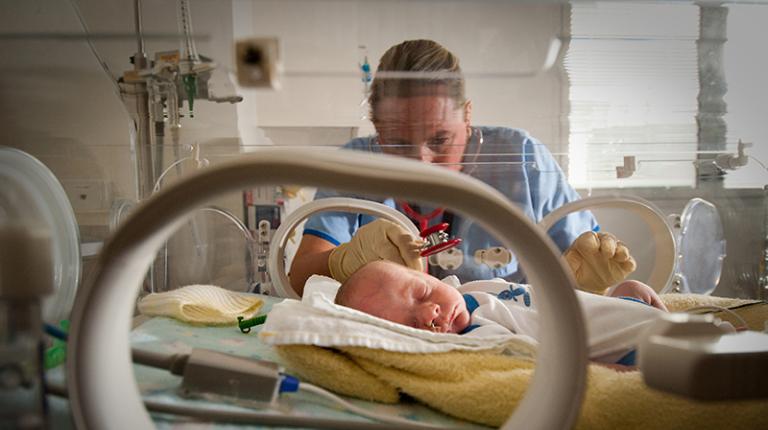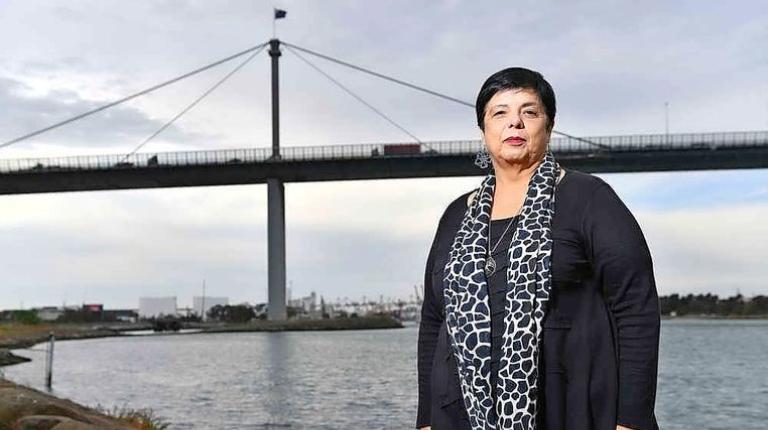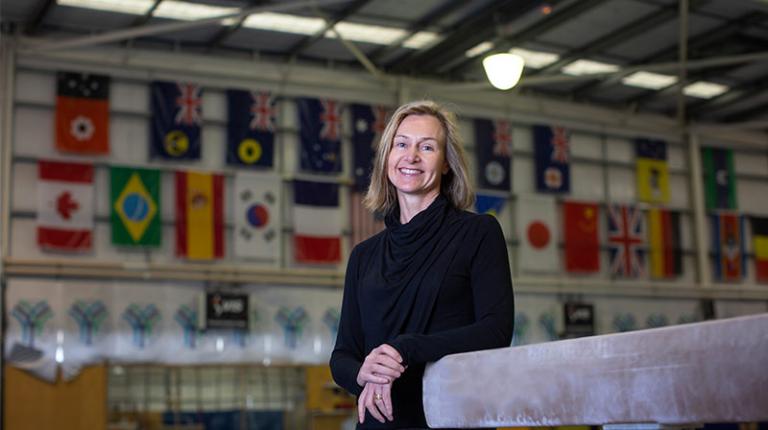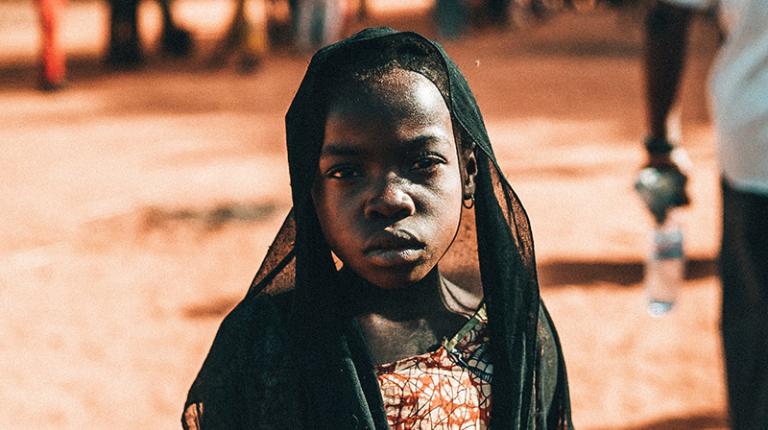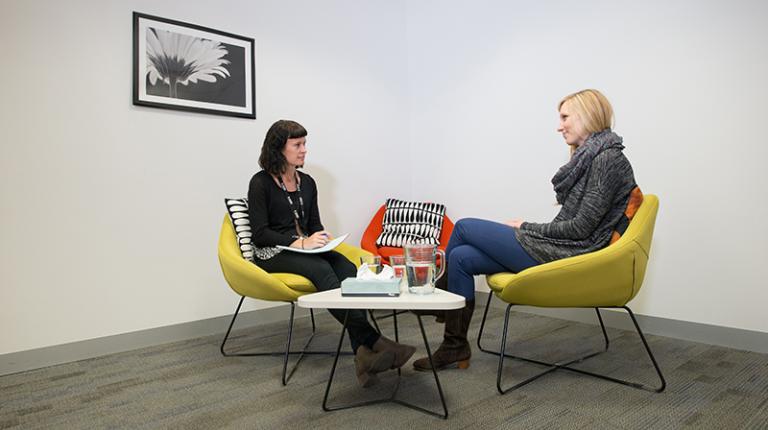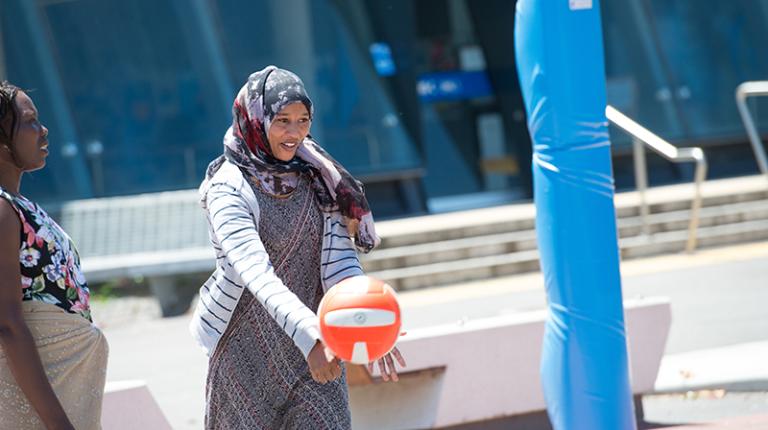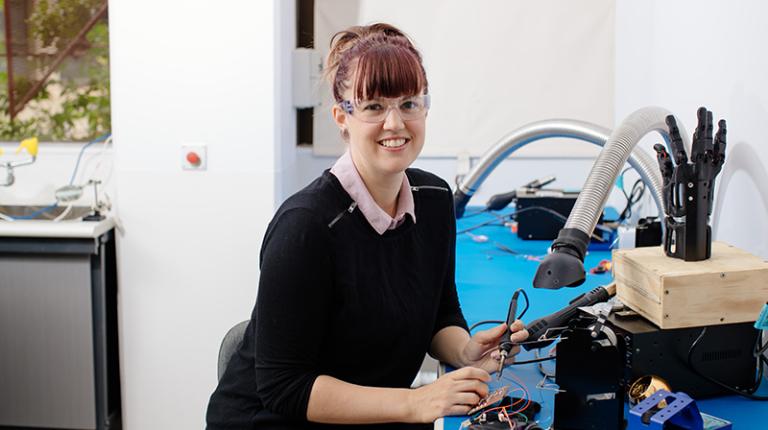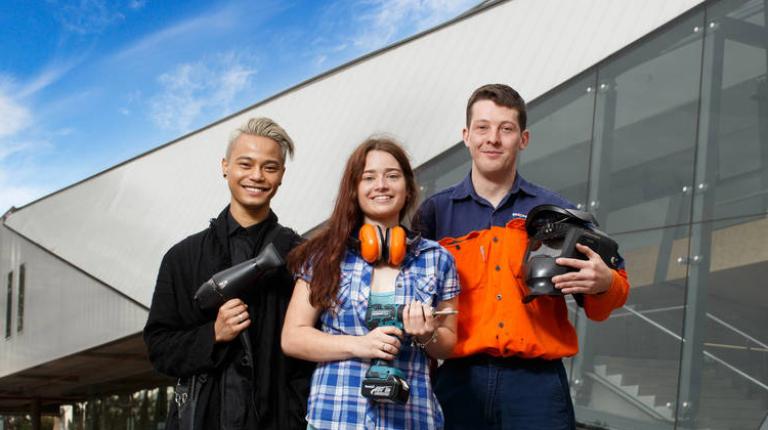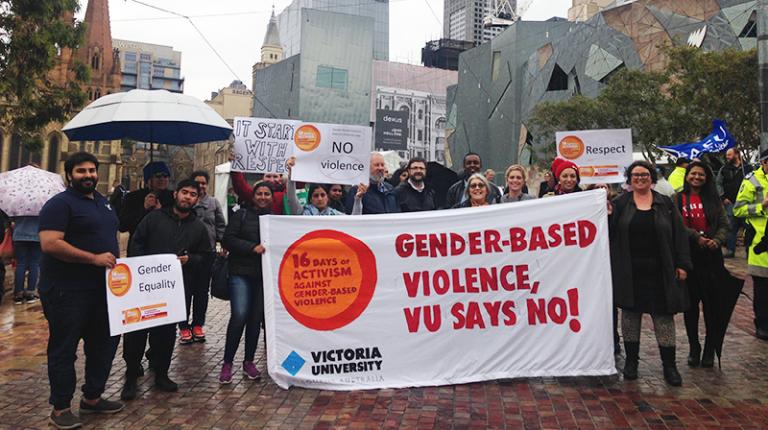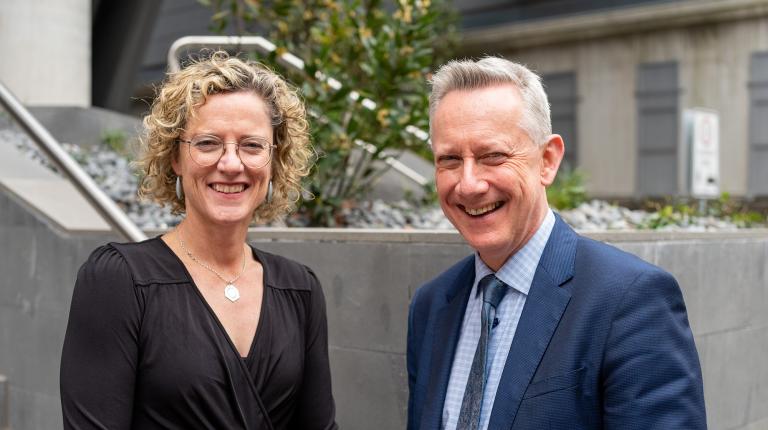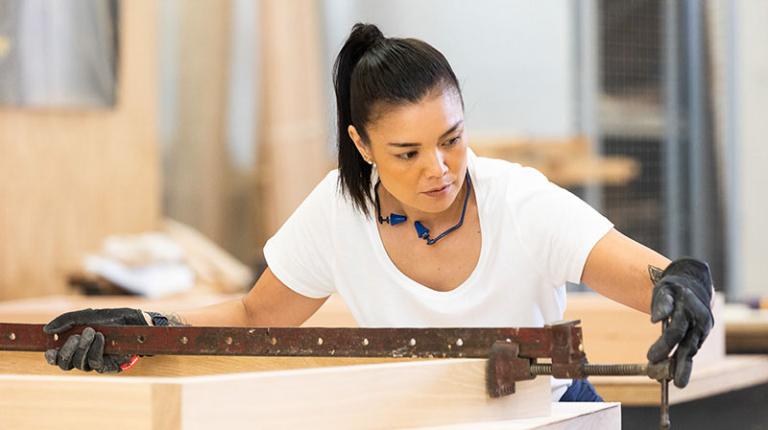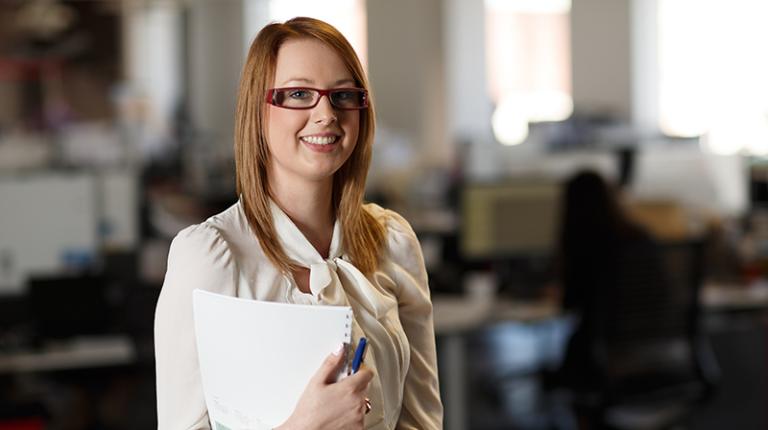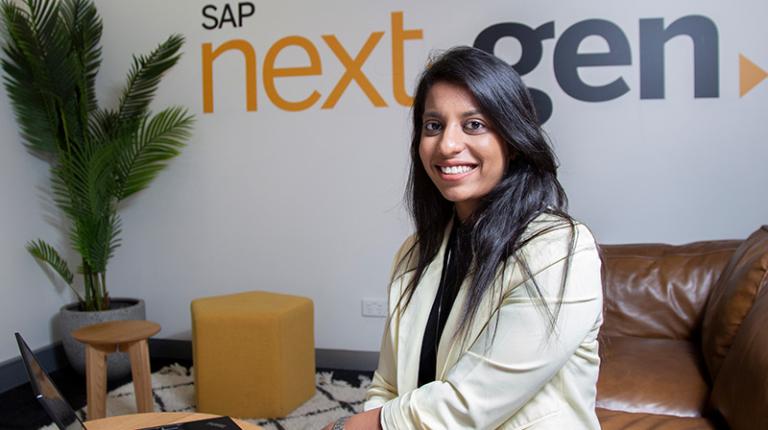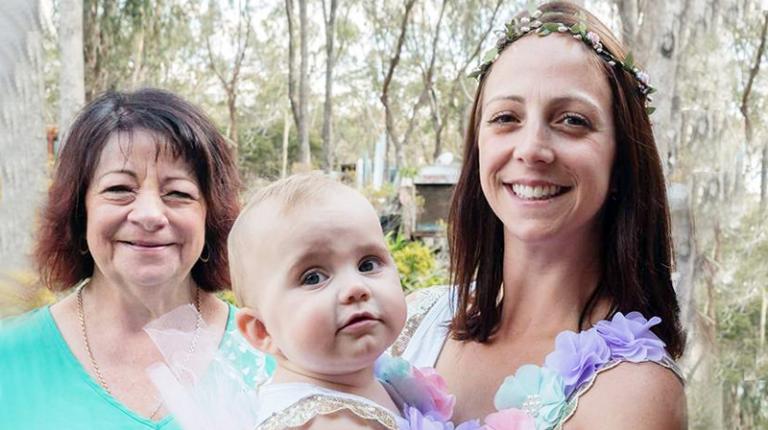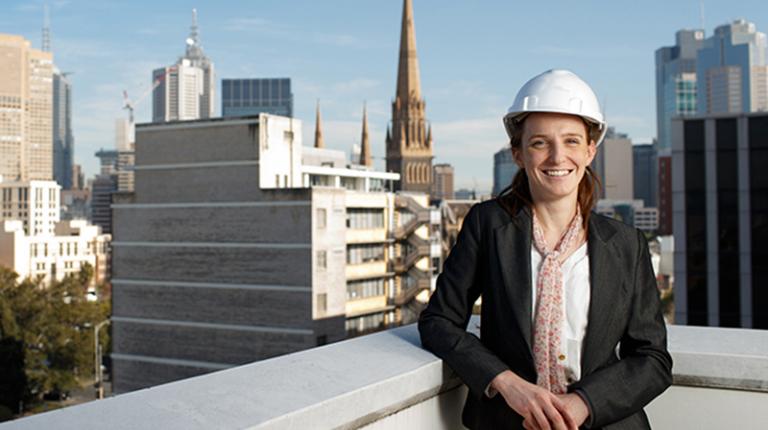HealthWest Partnership and Victoria University worked together on Project Momentum: Working Together with Men to engage younger male students and staff in prevention of violence against women. The project created a guide for creating and supporting projects of this kind. The project conducted a number of activities in 2020 for exploring ideas of manhood and the narratives surrounding ‘real men’, including the Enter the Man Box art installation for VU orientation week and workshops on the Man Box Story.
A Level Playing Field: the case for investing in women’s sport is a collaboration by VU, Australian Women in Sport Advisory Group, Male Champions of Change and Price Waterhouse Coopers to advocate for the equality for women in sport participation and employment.
Professor Ramon Spaaij and his research group have been instrumental in changing sport participation to be more inclusive. The Change Makers Project has resulted in a community of practice of more than 50 local sports club representatives implementing inclusion projects to promote gender equity by increasing the number of girls and women participating and more women in club leadership and coaching. The ‘Participation versus performance: managing (dis)ability, gender and cultural diversity in junior sport’ project resulted in a number of institutional changes in 2020 within community sports clubs, local authorities and state sporting associations to be more inclusive of diverse members of society, including recruiting and mentoring women to become part of their committee and governance structures, Professor Spaaij said.
Girls and women are less likely to continue participating in sports where they don’t feel welcome and their achievements are undervalued. This leads to issues of retention, and girls and women losing out on the numerous health and social benefits provided by community sport participation.
A study by Professor Clare Hanlon examined the role that uniforms play in increasing the confidence of girls to participate in sport and physical activity. The study, funded by a $20,000 Change Our Game research grant from the Victorian State Government, Office for Women in Sport and Recreation, in collaboration with S-Trend Sportswear, surveyed more than 300 Victorian girls aged between 12 and 18. The findings indicated that feeling comfortable and not exposed in the uniform was a critical factor to feeling positive about sports participation.
Professor Clare Hanlon was also invited to be a member of the International Women’s Group of Sport, Capability and Knowledge Steering Group.



